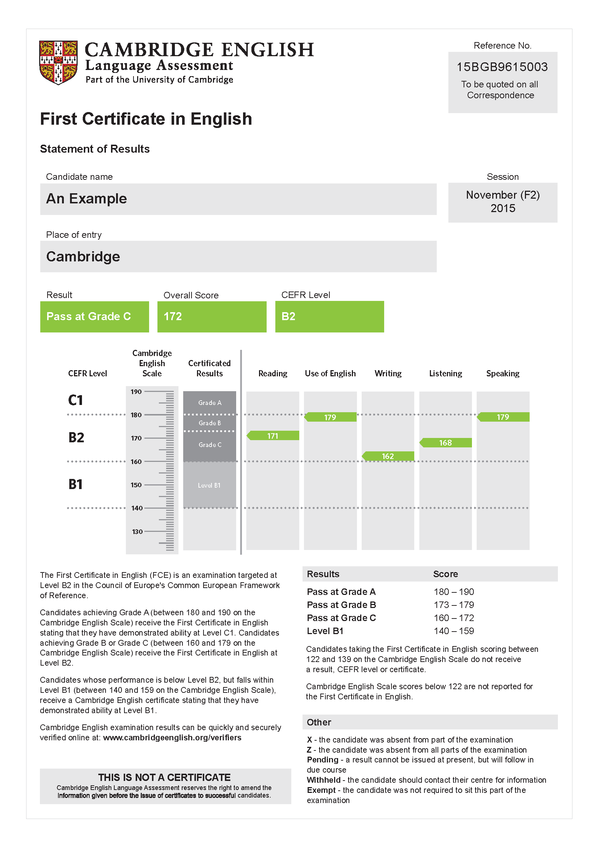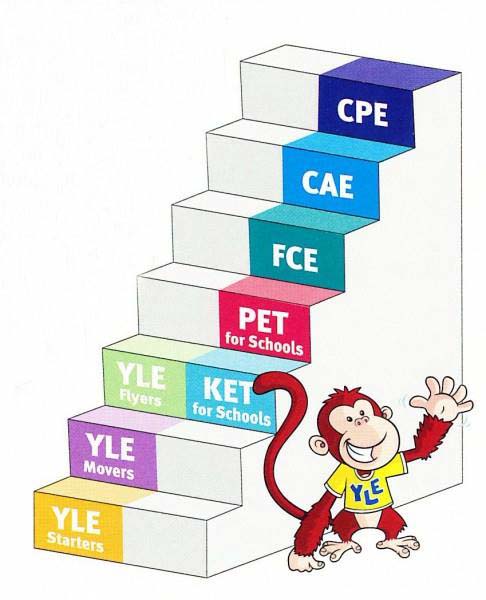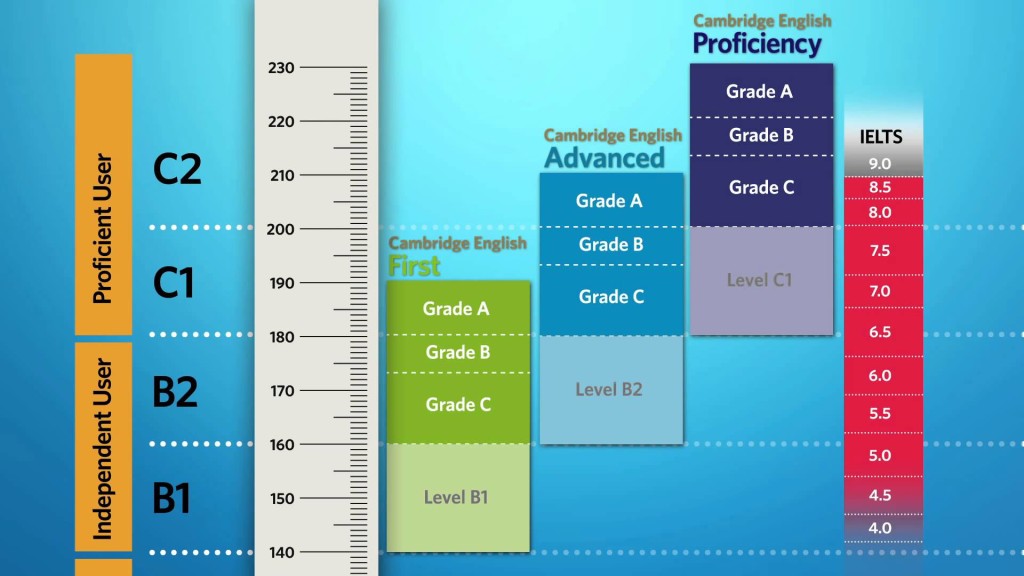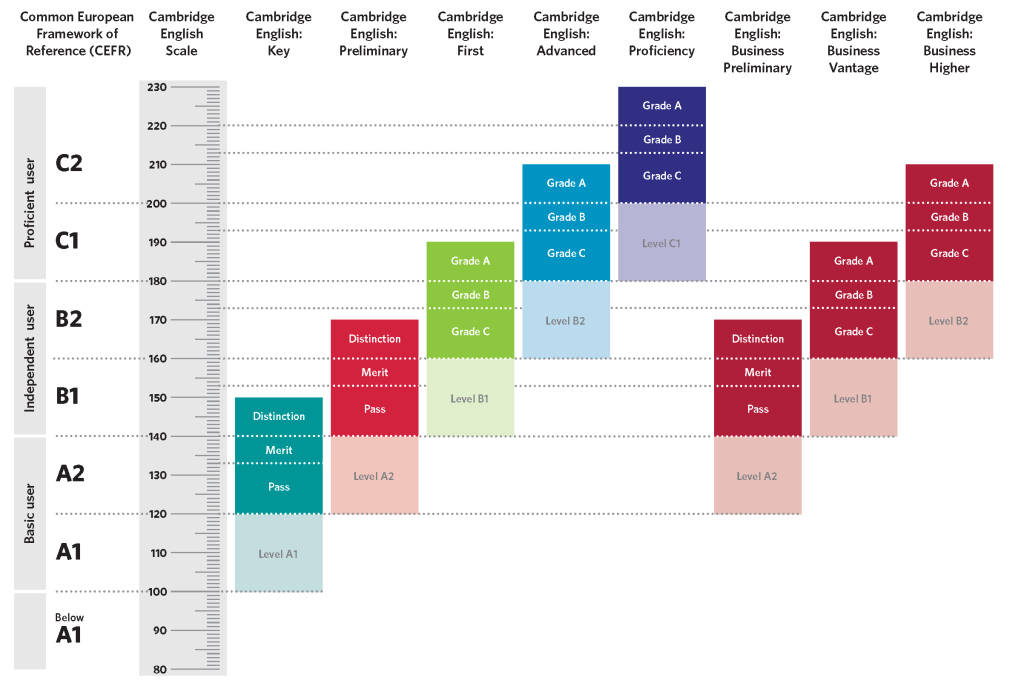Cambridge English

Cambridge English For Global Recognition
Learn English language with a view to a Cambridge Certificate of FCE [First Certificate in English] first and then proceed to CAE [Cambridge Advanced English] and CPE [Cambridge Proficiency in English] as required or branch off to IELTS or Business English or English Teaching Knowledge courses/tests TKT, CELTA & DELTA.
A word to the students by bunpeiris
Students who are determined to secure a university degree in English medium, perhaps shouldn’t get overly interested in Cambridge FCE or any other Cambridge Certification since a university degree in English medium is itself a manifestation of the competence in English language too.
Then again, those who secure admittance into a university, must ideally set their sights on post graduate degrees and perhaps even a doctorate in his field. In another couple of years time, a single university degree alone, perhaps, wouldn’t secure a decent employment. Multidisciplinary competence coupled with ICT or extreme specialization in a single discipline coupled with ICT would be called in at every turn.
The students, who fails to secure admittance into a university, would find Cambridge certification in competence in English, a valuable asset. But then you will have to study very hard and very methodologically to secure a higher grade. Cambridge English examinations are high-strung straightjackets and you are called upon to fit right into the one you have chosen. Here could be a case of chosen one failing to become the loved one. The ultimate straightjacket in Cambridge Examinations is IELTS.
Secure a university degree in English medium so that you wouldn’t have to suffer the strain of studying for straight jacket IELTS specially since in the speaking tests, you would in the hands of a single Cambridge examiner. And he is another human. Humans can be frail and fickle depending upon the situations.
English language is no longer a property of the United Kingdom of now not so Great Britain: its a mode of communication the world over. The competence and creativity in English language of the global populace could hardly be summarily evaluated by a bunch of English language experts residing in England devising straightjackets. English language is now perpetuated the world over as a result of then British colonialism and still existent byproducts of Germany’s successive losses to allied forces in both of the world wars. bunpeiris
Cambridge FCE
Cambridge FCE is internationally recognized by both educational institutions and business establishments. As such FCE [IELTS 4-7 depending on CEFR level] is a valuable asset to the student when applying for a study course in a Higher Education Institute as well as for an employment in a business establishment dealing with overseas clients. Students who successfully complete the Cambridge FCE exam will have a very good grasp of the four macro skills, i.e. Reading, Writing, Speaking & Listening together with solid knowledge of grammar, vocabulary and Use of English.


| Cambridge English: Starters (YLE Starters) Cambridge English: Movers (YLE Movers) Cambridge English: Flyers (YLE Flyers) Cambridge English: Key (KET) Cambridge English: Key (KET) for Schools Cambridge English: Preliminary (PET) Cambridge English: Preliminary (PET) for Schools Cambridge English: First (FCE) Cambridge English: First (FCE) for Schools Cambridge English: Advanced (CAE) Cambridge English: Proficiency (CPE) |
 |
Cambridge PrimaryAges 5 to 11
|
Cambridge Secondary 1Ages 11 to 14
|
|
Cambridge Secondary 2Ages 14 to 16
|
Cambridge AdvancedAges 16 to 19
|
Cambridge English: Business Preliminary (BEC Preliminary)
Cambridge English: Business Vantage (BEC Vantage)
Cambridge English: Business Higher (BEC Higher)
Cambridge English: Legal (ILEC)
Cambridge English: Financial (ICFE)
BULATS (Business Language Testing Service)
IELTS (International English Language Testing System)
Teaching Knowledge Test (TKT)
Cambridge English: ESOL Skills for Life
CEFR
The Common European Framework of Reference for Languages (CEFR) plays a central role in language and education policy worldwide. It has growing relevance for language testers and examination boards, helping to define language proficiency levels and interpret language qualifications.
The CEFR describes language ability on a scale of levels from A1 for beginners up to C2 for those who have mastered a language. This makes it easy for anyone involved in language teaching and testing (learners, teachers, teacher trainers, etc.) to see the level of different qualifications. It also means that employers and educational institutions can easily compare qualifications and see how they relate to exams they already know in their own country.
The CEFR: transparent, coherent and comprehensive
The result of over twenty years of research, the Common European Framework of Reference for Languages: Learning, teaching, assessment (CEFR) is exactly what its title says it is: a framework of reference. It was designed to provide a transparent, coherent and comprehensive basis for the elaboration of language syllabuses and curriculum guidelines, the design of teaching and learning materials, and the assessment of foreign language proficiency. It is used in Europe but also in other continents and is now available in 39 languages.
Six levels of foreign language proficiency
The CEFR describes foreign language proficiency at six levels: A1 and A2, B1 and B2, C1 and C2. It also defines three ‘plus’ levels (A2+, B1+, B2+). Based on empirical research and widespread consultation, this scheme makes it possible to compare tests and examinations across languages and national boundaries. It also provides a basis for recognising language qualifications and thus facilitating educational and occupational mobility.
The CEFR’s illustrative scales of “can do” descriptors are available in a bank of descriptors together with many other related descriptors.
The CEFR is much more than proficiency scales
The CEFR’s scales of foreign language proficiency are accompanied by a detailed analysis of communicative contexts, themes, tasks and purposes as well as scaled descriptions of the competences on which we draw when we communicate. This helps to explain why the CEFR is increasingly used in teacher education, the reform of foreign language curricula and the development of teaching materials (in this connection see the result of a survey carried out in 2006 among Council of Europe member states).
Using the CEFR in specific contexts
The CEFR does not offer ready-made solutions but must always be adapted to the requirements of particular contexts, for example, the teaching and learning of Romani and of French Sign Language. The need for careful interpretation and adaptation is especially acute when the CEFR’s descriptive apparatus and proficiency levels are used to explore the communicative needs of adult migrants and to guide the assessment of their proficiency in the language of their host community.
IELTS

What is IELTS?
IELTS stands for the International English Language Testing System exam. There are two versions: academic and general. The exam assesses candidates’ language competence on a scale from 0 – 9. Four main skills are assessed and graded: listening, reading, writing, and speaking. A global score is also given, which is the average of the four main components’ scores. For example, 6,7,7,7 will give a global score of 7.
Why is it important?
Higher education institutions, professional bodies and some immigration services use IELTS as an assessment of English language competence. So it’s a ‘high-stakes’ exam. Each institution sets its own requirements for the global score, and some specify minimum scores for specific components, e.g., at least a 6 or 7 in speaking or writing.
And how long does it take?
There isn’t really an answer to this question. Some students spend a week, some spend a year to achieve the level they require. Students need to check what score band is required by the institution or the professional body that they are intending to attend or become a member of, and then think of the time they need to reach to achieve that level. It goes without saying that they need to be realistic about how quickly they can progress.




